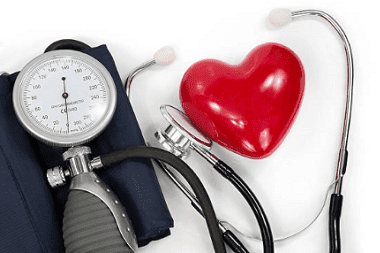Emergencies >>>> Hypotonic crisis
Hypotonic crisis.

Signs of a hypotonic crisis:
- unexpected weakness,
- dizziness,
- tinnitus,
- sharp headache,
- pale skin,
- perspiration,
- nausea, possible vomiting,
- cold extremities,
- imbalance,
- weak filling of the pulse (almost not felt),
- violation of respiratory activity,
- fainting.
The causes of a hypotonic crisis are directly related to vascular insufficiency (violation of vascular tone - a sharp vasodilation), or with heart failure, which can be triggered by:
- Internal bleeding or external bleeding,
- A sharp bout of pain,
- Heat stroke,
- A sharp change in body position when moving from a horizontal to a vertical position,
- Vegeto - vascular disorders,
- Antihypertensive drugs (have a vasodilating effect),
- Strong emotional shock,
- Decreased functions of the liver, kidneys, heart and other internal organs,
- Osteochondrosis,
- Traumatic brain injury.
First aid for hypotonic crisis:
- To prevent a sick person from falling by giving him a lying position, or a “sitting” position with his head lowered below the knees,
- Call an ambulance doctor,
- Free from embarrassing clothing,
- Organize access to fresh air,
- Before the ambulance arrives, periodically measure the pressure (with an interval of 10-15 minutes) and record the indicators,
- In case of fainting, inhale the vapors of ammonia.
What not to do in a hypotonic crisis: take alcohol-containing drinks, coffee and caffeine-containing drugs, without a doctor's prescription take drugs that increase blood pressure (can cause a sharp jump in pressure).

Read

Read



























